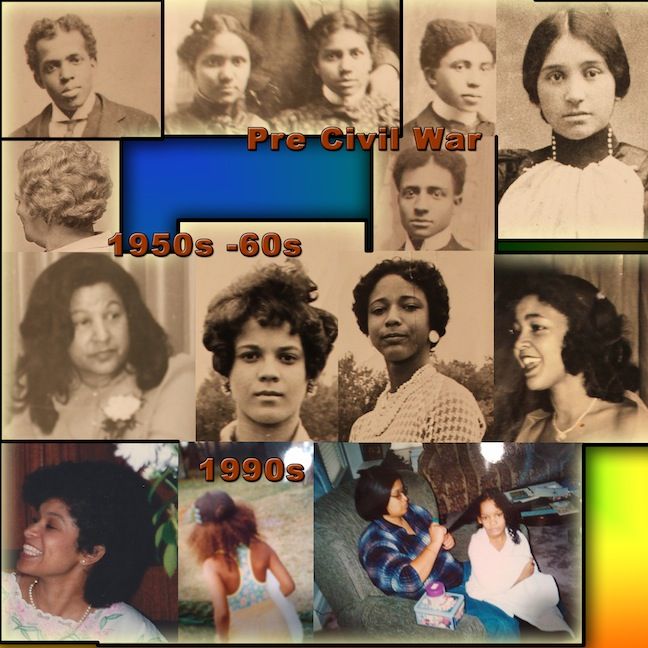lovely_locks
Well-Known Member
I'm by no means a history buff, but I watch a lot of documentaries. I've noticed (at least it seems like to me) that African Americans being known for shorr unhealthy hair is kind of a new thing. It seems like evem as recent as 60's many of us had long hair. Weather its straight or fro. In old black and whited from the 40's our hair looked long and healthy. What happened? I'm not trying to start a debate or anything it is just something I noticed.

 ; will lead to black women taking their hair back.
; will lead to black women taking their hair back. Once we started to be able to completely hide our own hair and forget about it, it was a wrap.
Once we started to be able to completely hide our own hair and forget about it, it was a wrap.
 ! My hair was natural underneath those, just natural and forgotten.
! My hair was natural underneath those, just natural and forgotten. 
 No need to " quote" me and then try to tell me how I should or should not answer.
No need to " quote" me and then try to tell me how I should or should not answer. 


 .
.